Starting Grants 2023: Examples of projects
The 2023 Starting Grants will help 400 researchers from 24 countries to set up their own teams and conduct research on the topics of their choice. To illustrate the variety of supported science, we selected five examples of projects proposed by early-career researchers, based in the Netherlands, Israel, Germany, Sweden and the UK.

The funding will enable the researchers to carry out their innovative projects across all scientific disciplines. For example, to study Venus’ atmosphere to better understand habitability beyond Earth, to make virtual reality more inclusive to physically disabled people, or to analyse parasites that cause malaria. Other projects investigate how algorithms are used at work to supervise employees or how to find ways to deal with grief.
Climate: Is Venus’ past hiding clues to Earth’s future?
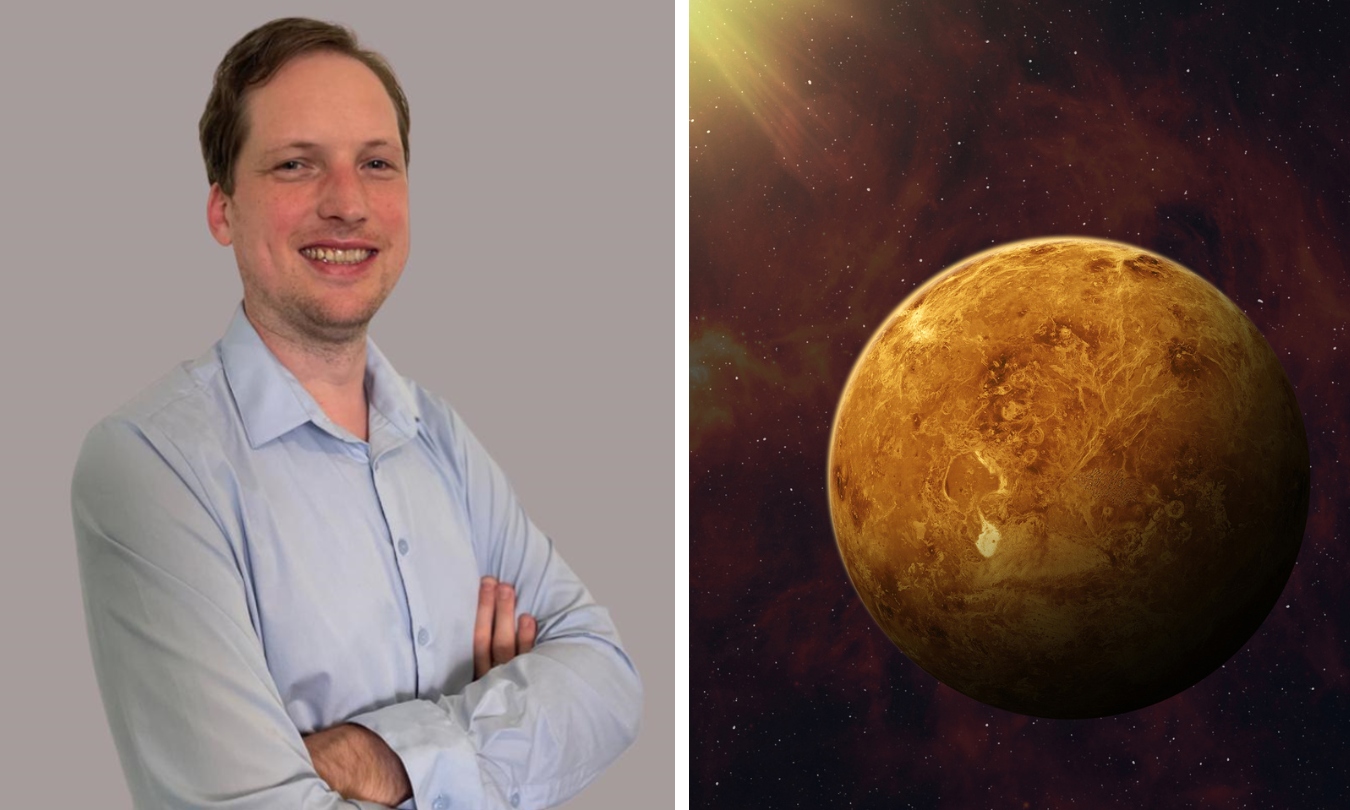
Venus, although similar to Earth in density, size, and composition, is surrounded by a mixture of gases making the planet’s surface scorching hot and uninhabitable. The origin and evolution of Venus’ runaway greenhouse, a hot and water-vapour-rich atmosphere, remain poorly understood. The present state of Venus provides a grim and extreme outlook of how the current CO2-driven global warming on Earth could change our environment.
Current models are unable to measure the effects of volcanic activity and atmosphere-surface interaction on atmosphere evolution throughout Venus’ history. Due to its CO2-rich atmosphere, surface pressures on Venus are 90 times greater than on Earth. As a consequence, volcanoes on our neighbouring planet release gases under very different conditions, resulting in variable gas compositions and fluxes.
To better grasp the timing and extent of volcanic activity on Venus, it is essential to understand how volatiles are distributed between major reservoirs, such as the rocky mantle, crust and atmosphere, and how this affects the planet’s atmosphere. In his new research project, Edgar Steenstra aims to quantify the past and present-day interior-to-atmosphere volatile element fluxes on Venus. Through pioneering experiments and state-of-the-art analyses, his goal is to reassess Venus’ interior and atmospheric evolution. This work will provide a solid framework for future exploration of Venus and enhance our understanding of habitability beyond Earth.
Edgar Steenstra is currently a post-doctoral researcher at the University of Münster, Germany, where he focuses on the geochemistry of terrestrial and planetary samples at high pressures and/or temperatures. With his grant, he plans to move to the Netherlands to conduct his research at TU Delft.
Researcher: Edgar Steenstra
Project: Volatile Element Cycles on Venus: Implications for the Evolution of Venus´ Greenhouse-Dominated Atmosphere (VenusVolAtmos)
Host Institution: TU Delft (The Netherlands)
ERC grant: € 2,228,075 for 5 years
Algorithms and bosses: Decoding the future of work
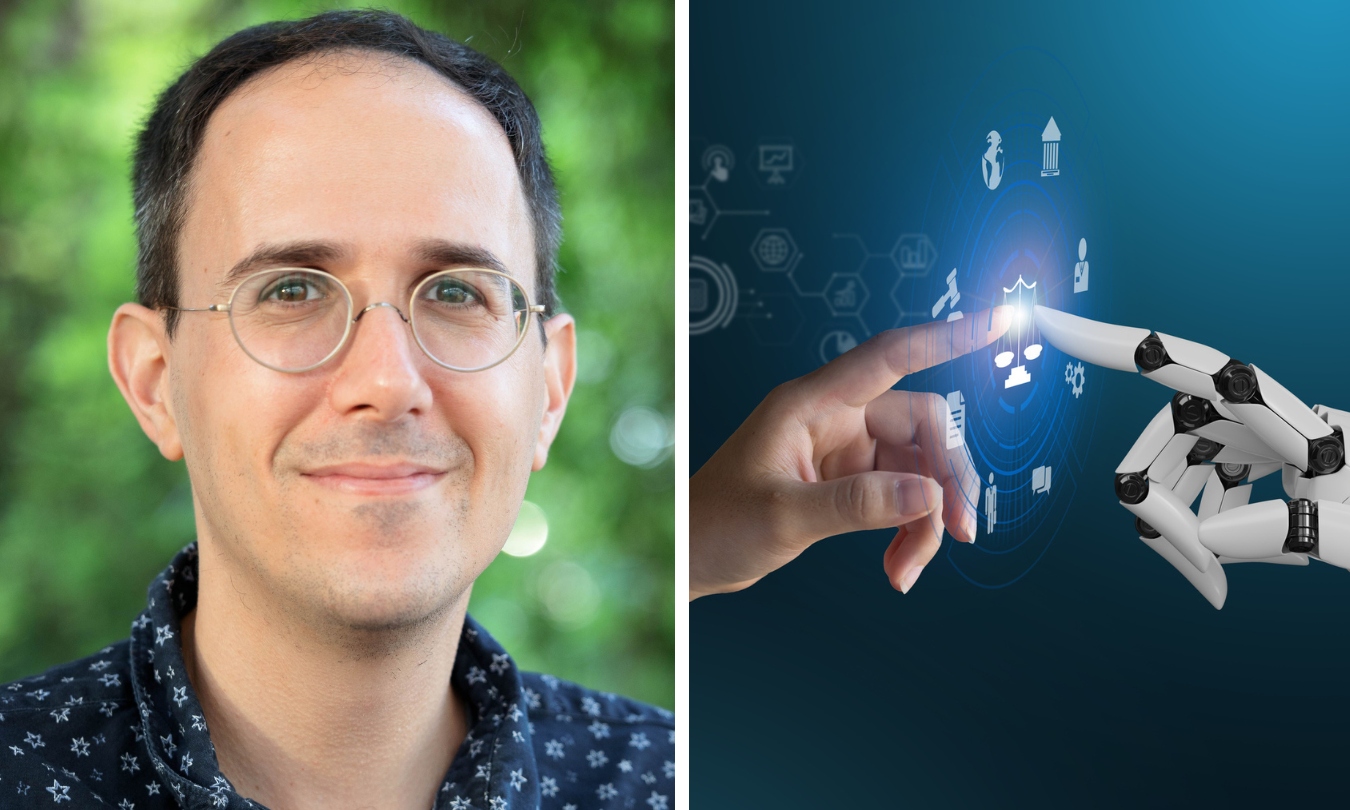
The study will consist of four subprojects, using an in-depth qualitative approach. The first part of the research will develop a theory describing how algorithmic management changes supervisory dynamics in traditional organizations. Following that, subproject 2 will provide insights into how algorithmic management alters managerial practices, gathered through interviews with managers implementing such systems. Zalmanson’s research will then utilise immersive VR technology to simulate workplace dilemmas and will delve into how workers respond to conflicting directions from human supervisors and algorithms. Finally, subproject 4 will focus on mitigating any detrimental outcomes of algorithmic management through ethnographic action research.
The study is divided into four parts, using an in-depth qualitative approach. Firstly, his team will develop a theory to understand how algorithmic management changes the dynamics of supervision in traditional organisations. Then, they will gain insights into how this technology affects managerial practices by interviewing managers who use such systems. To better understand how employees cope with directions from both human supervisors and algorithms, the researchers will use virtual reality (VR) technology to simulate workplace scenarios. Lastly, they will focus on finding ways to minimise any negative effects of algorithmic management through a method called ethnographic action research, which involves understanding people’s behaviour and culture in the workplace.
By understanding the consequences of algorithmic management, the study aims to help managers update their practices effectively and ethically in the era of AI oversight. Ultimately, the research will contribute to shaping the future of work, ensuring a balance between technology and human interactions in our workplace.
Lior Zalmanson is a professor specialised in technology and information management at the Coller School of Management at Tel Aviv University.
Researcher: Lior Zalmanson
Project: When Humans and Algorithms Co-Supervise Workers: Algorithmic Management Under Conventional Employment (AlgoHumanBoss)
Host Institution: Tel Aviv University (Israel)
ERC grant: € 1,467,455 for 5 years
VR technology for people with disabilities
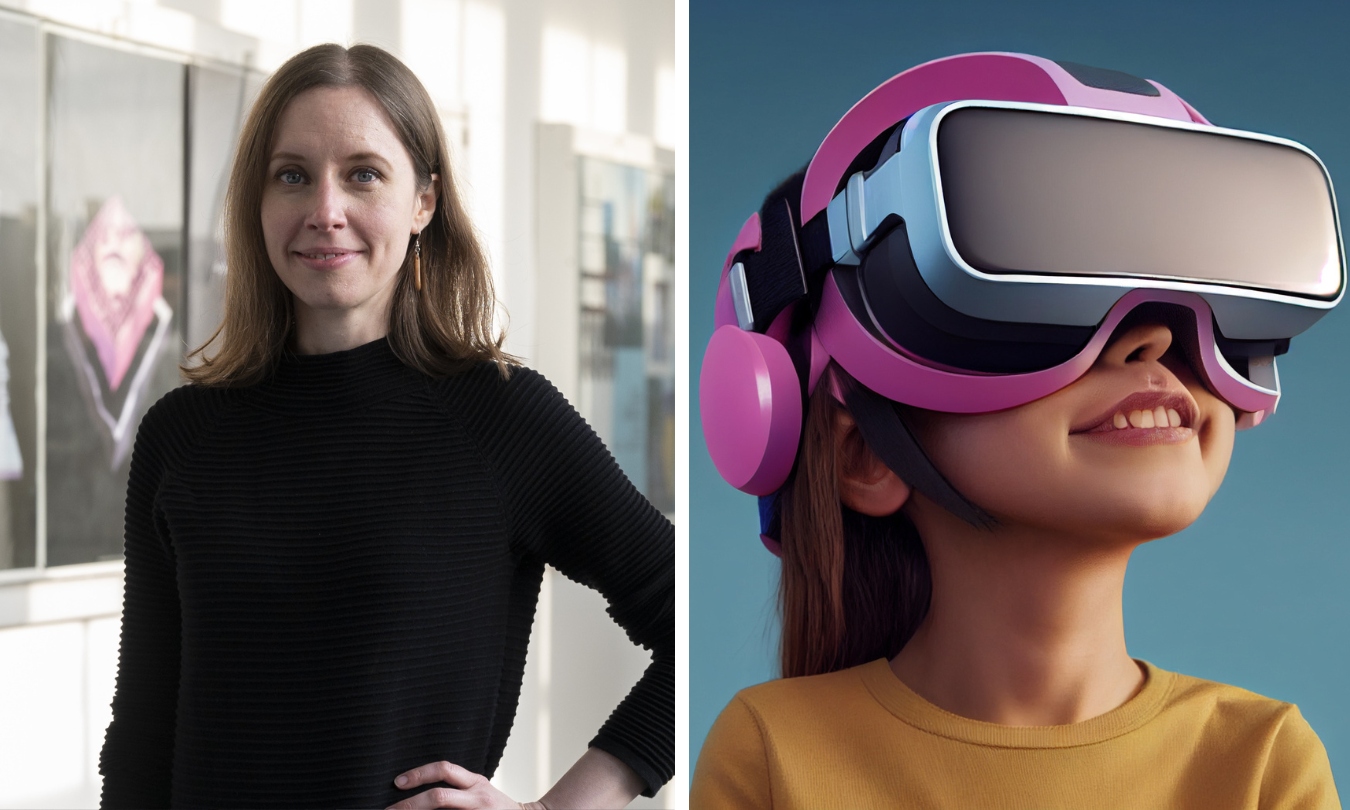
Millions of disabled people remain unable to experience the immense potential of virtual reality (VR) for leisure, education, and work. Currently, most VR systems are designed for non-disabled bodies. With her project, Kathrin Gerling aims to bridge the knowledge gap concerning how individuals with physical disabilities access and experience VR technology. By addressing both physical and digital access barriers, her research will develop a framework to make VR accessible for people with physical disabilities.
In the initial phase, the project will explore the preferences and needs of disabled people regarding user interfaces and representation of disability in VR through co-creation of tailored VR prototypes.
As a second step, the project will create an adaptive VR platform with diverse entertainment and workplace scenarios. The third phase will evaluate physically disabled people’s experiences in VR, refining the framework based on empirical data.
By developing VR experiences that remove physical, digital and experiential access barriers, Professor Gerling aspires to have a significant impact on the design of body-centric technology and the inclusion of disabled people. This research will lay the foundations for future studies on disability and VR, contribute to accessible technology design, and foster more inclusive technological advancements.
Kathrin Gerling is a Professor of Human-Computer Interaction and Accessibility at the Karlsruhe Institute of Technology
Researcher: Kathrin Gerling
Project: Developing Experience-Centric Accessible Immersive Virtual Reality Technology (AccessVR)
Host Institution: Karlsruhe Institute of Technology (Germany)
ERC grant: € 1,374,771 for 5 years
Cracking the code of malaria
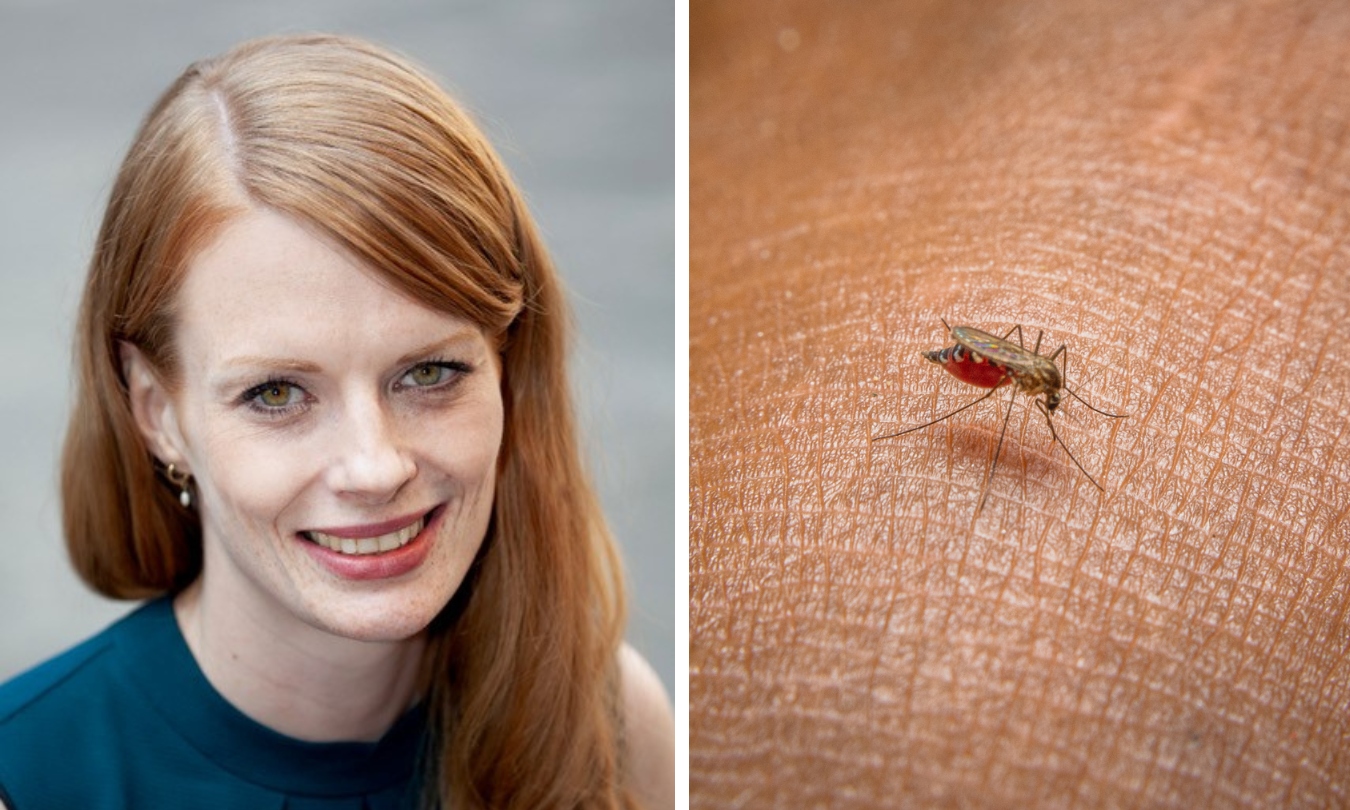
Throughout history, malaria has been a major threat to human health. It is still responsible for over 600,000 deaths every year. Despite global efforts, progress against malaria has stalled, compounded by disruptions during the COVID-19 pandemic and rising levels of insecticide and drug resistance.
Evolutionary studies of Plasmodium, the micro-organism causing malaria, often overlook parasites in non-human hosts, even though molecular surveillance has revealed new parasite species able to infect humans. The lack of quantitative assessment of past transmissions and reservoir hosts is a blind spot in our understanding of the forces shaping parasite evolution.
To address these challenges, Lucy van Dorp will use ancient genomics, population genomics, and computational biology. By studying the DNA of parasites infecting humans and non-human primates, the project aims to identify the genetic and ecological factors influencing malaria parasites. This research will offer crucial insights into the mysteries surrounding malaria.
Beyond malaria, the research has the potential to advance our understanding of other infectious diseases as it will pave the way for more effective strategies in combating these as well.
Lucy van Dorp is a computational biologist and group leader in microbial genomics. She works at the University College London Genetics Institute.
Researcher: Lucy van Dorp
Project: Recovering Evolutionary Drivers of Malarial Parasites – leveraging genomics past and present (RED-MAP)
Host Institution:University College London (UK)
ERC grant: € 1,498,938 for 5 years
Finding strength in loss: Pioneering ways to cope with grief
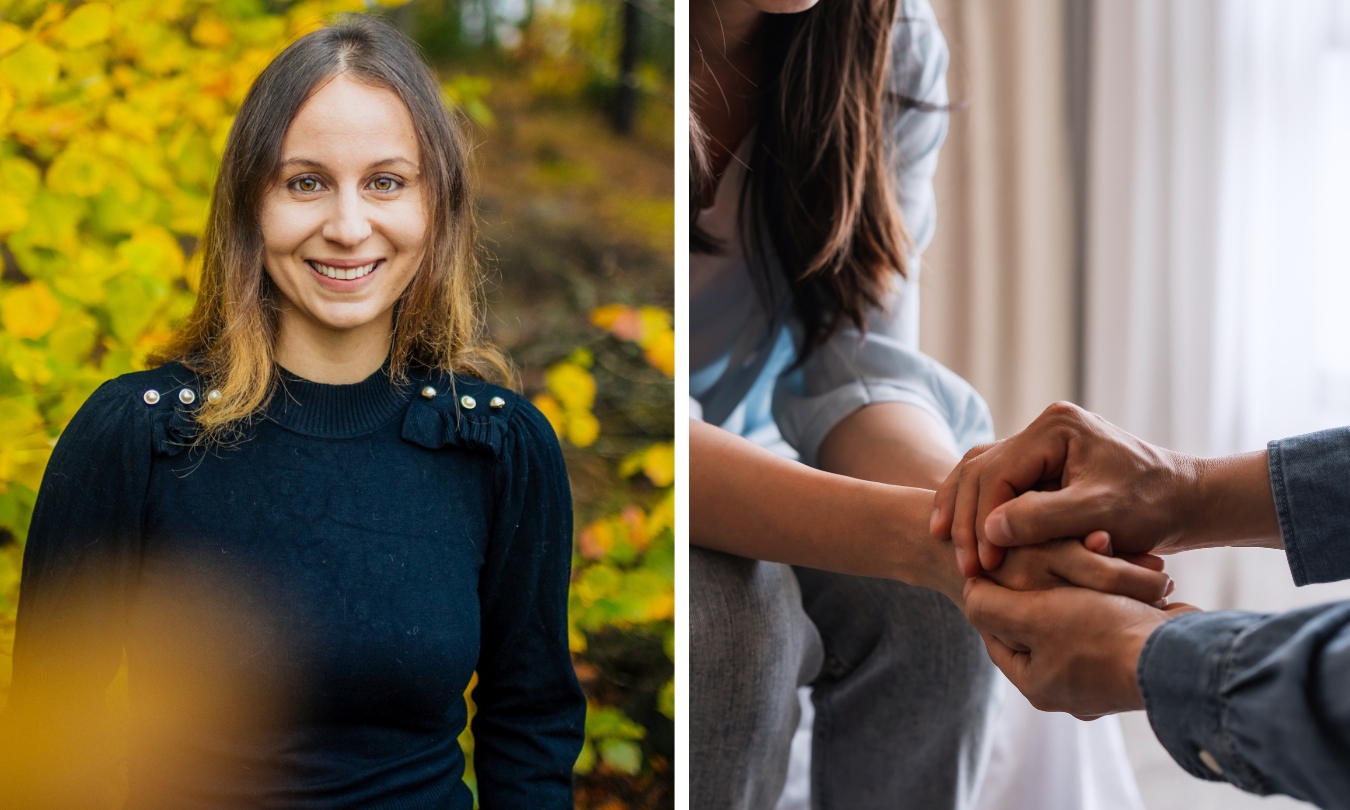
Losing your loved one can be devastating, taking a toll on your emotional well-being and overall health. Rebecca Böhme and her team seek to find better ways to help people facing profound loss.
Prof. Böhme aims to investigate how the loss of a loved one may alter our perceptions of ourselves and our physical well-being. The researchers will employ various techniques, including surveys, computional models and brain scans. In addition, they will explore the potential benefits of psilocybin, a psychedelic substance. Prof. Böhme would like to develop new strategies for helping people who struggle with integrating their grief (alternatively: who struggle with integrating their loss experience / who need additional support during times of grief).
The study is divided into two parts: one looks at how sorrow impacts our thoughts and feelings, and the other part explores how psilocybin might offer relief to individuals mourning for a loved one.
Rebecca Böhme is an Assistant Professor at the Center for Social and Affective Neuroscience in Linköping, Sweden. Her research group investigates social interaction, interoception, and the self.
Researcher: Rebecca Böhme
Project: The Self After Interpersonal Loss (SAIL)
Host Institution: Linköping University (Sweden)
ERC grant: € 1,491,741 for 5 years
ERC News
